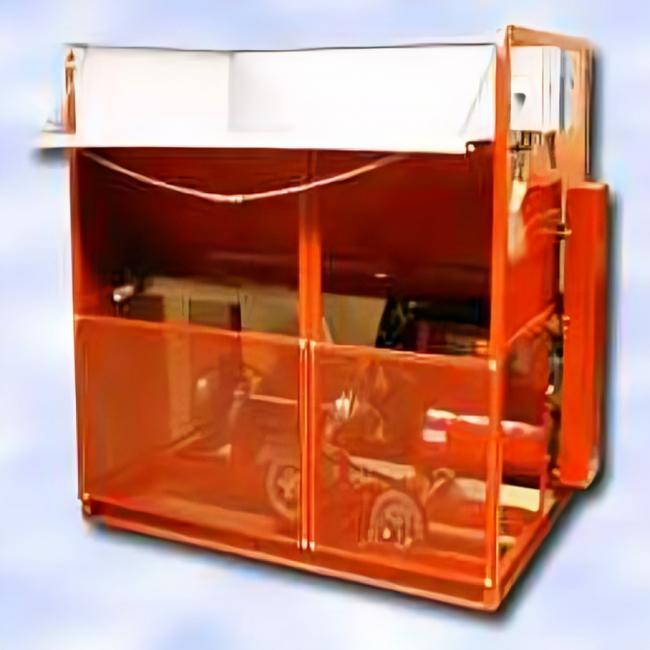Hydraulic vs. Electric Insulation Blowing Machines: Which One Works For You?

Efficiency is of paramount importance as far as insulation projects are concerned. To achieve the highest level of efficiency, you need to use the right insulation blowing machine. While there are many options in the market, two of them stand out for the different sets of capabilities they bring.
We’re talking about hydraulic and electric insulation blowing machines. Choosing between them can be a confusing task for most contractors. However, both have their strengths and weaknesses as well as ideal use cases. Let us give you an in-depth comparison between the two so you can make an informed decision - one that suits your needs.
Performance & Power
When it comes to power and performance, hydraulic insulation blowing machines have earned a name for themselves. These machines are capable of handling heavy workloads with ease as they use powerful hydraulic systems that, in turn, use pressurized fluids to generate a consistent force. This makes them well-suited for high-volume projects that require blowing large amounts of insulation material into cavities, quickly and efficiently.
On the other hand, electric insulation blowing machines work well for small-scale or medium-sized projects. Instead of a hydraulic system, they rely on electric motors for power, which may cause inconsistency in power outputs if used for large-scale projects. We recommend hydraulic machines for multi-story complexes, warehouses and industrial buildings due to their heightened speed and efficiency.
Output Capacity
Featuring noticeably larger hoppers than their counterparts, hydraulic insulation blowing machines have the capacity to process higher volumes of insulation material per hour. Certain models can go up to 4000 pounds of material every hour, rendering them ideal for industrial projects.
By comparison, electric insulation blowing machines have a lower capacity as far as output is concerned. They are better suited for projects that require the processing of manageable quantities of insulation material, say for residential projects. So if you’re a contractor who focuses on small-scale renovations, you should opt for this one.
Robustness & Longevity
Of course, durability is an important factor to consider. Fortunately, hydraulic machines excel in that department. They feature robust components that have been designed for heavy-duty use. This reduces the likelihood of wear and tear over time, allowing continuous use, which makes them perfect for industrial settings.
Reliable as they are, electric machines are generally not as durable as their hydraulic counterparts. Overheating is likely if they’re used for prolonged periods and high-demand tasks. They may also face mechanical issues when overexerted. They are best suited for light workloads as well as occasional use.
Material Compatibility
Insulation materials can range from mineral wool to fiberglass as well as cellulose. While both hydraulic and electric machines are compatible with these materials, hydraulic machines have an edge over electric ones when it comes to consistency and precision. Electric machines can struggle in this regard, finding it difficult to handle dense materials. So if you want an even and steady flow of material, hydraulic insulation blowing machines are your best bet.
Onsite Flexibility
If portability is what you want, electric machines are the way to go. Compact in size and easy to use, they can be easily plugged into standard outlets, thus adding to their convenience. They’re also lightweight and easy to transport. On the flip side, hydraulic machines are quite bulky and require additional equipment to function.
Maintenance & Care
Maintenance is easier in the case of electric machines as they have fewer components to take care of. Basic checks and occasional part replacements are all you need to keep them functioning smoothly. Whereas, for hydraulic machines, regular upkeep is a must. You should frequently monitor hydraulic fluid levels and clean the system too so the machine can run for a long time to come.
Conclusion
Whether you choose a hydraulic machine or an electric one, your decision will rest on the nature of your requirements. Both have their roles to play in different job settings. That said, if you’re looking for high quality insulation blowing machines, look no further than Heat Seal Equipment Ltd. From gas and diesel ones to hydraulic machines, we’ve got advanced equipment for all your insulation needs. Contact us today to get the right model for your operations!





